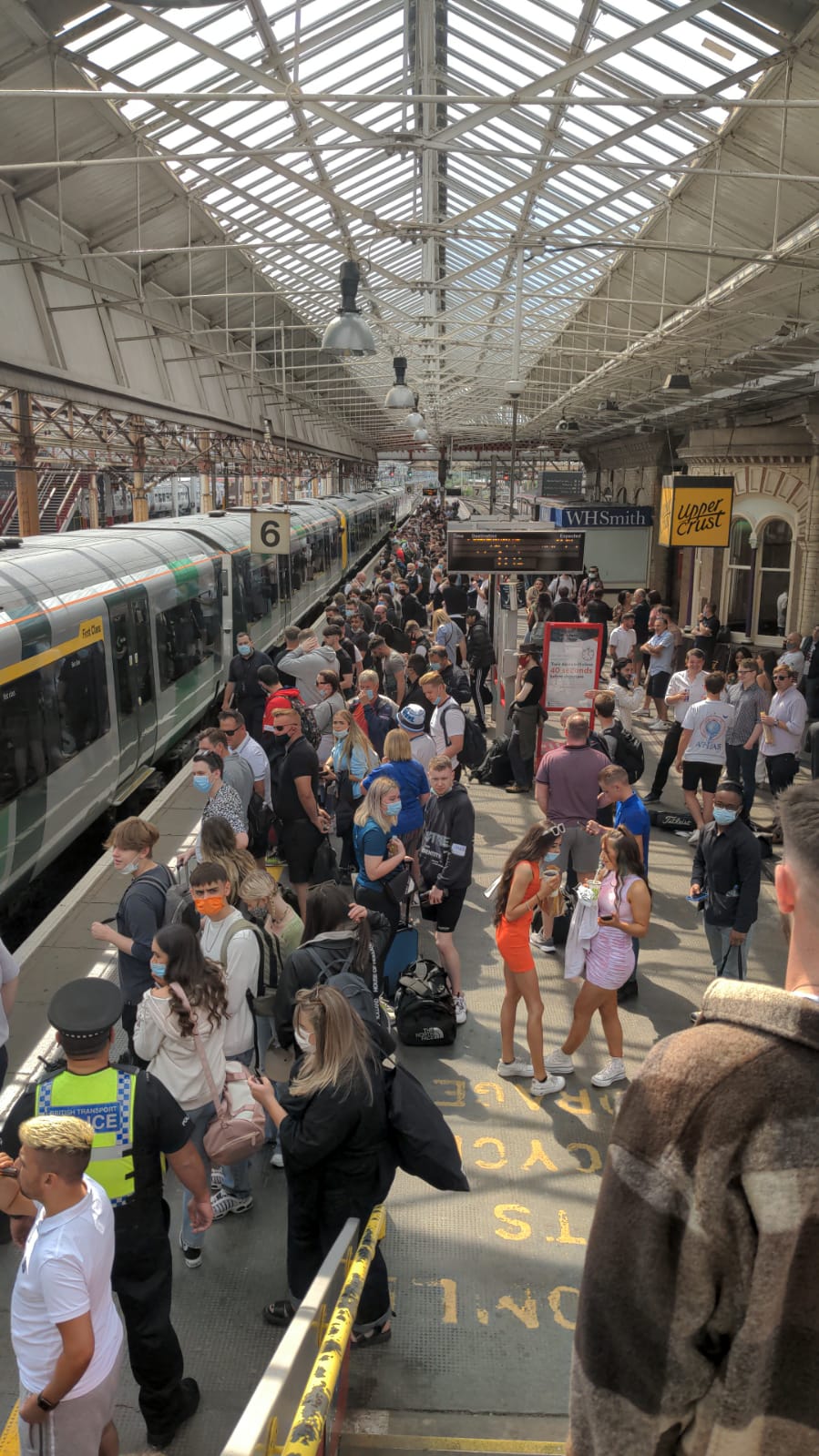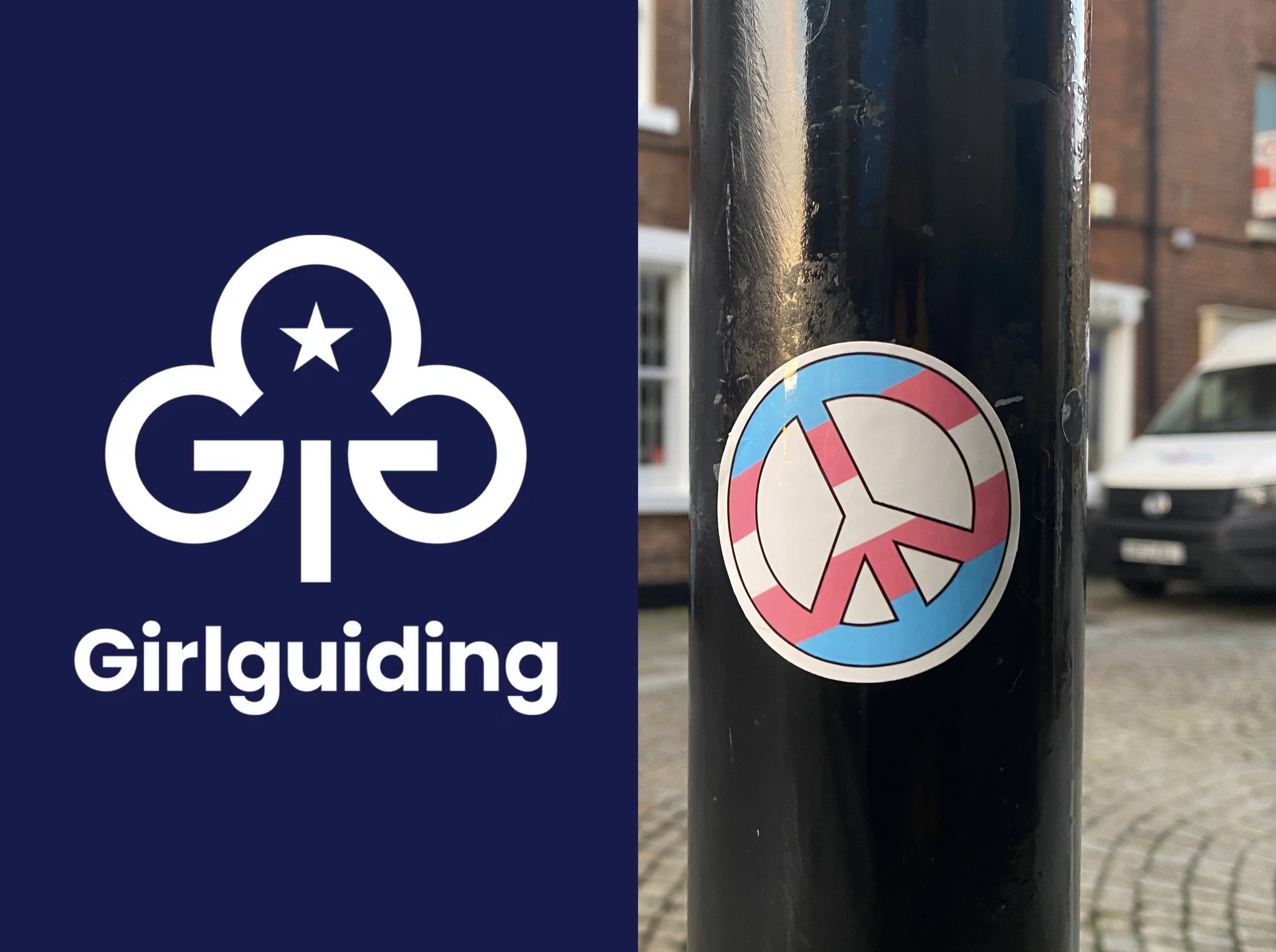It’s 4pm on Tuesday November 29, and there are no more trains from Manchester Piccadilly to Sheffield.
I was left with no choice but to travel to Stockport – a station comparably well connected to the rest of the UK, thanks to the conditions in which it was built.
While no Act of Parliament exists to say it is true, every Stockfordian knows that the station was built on the promise that all trains going through must stop, and so it does.
It’s usually a fifty minute, direct journey, one which I, and many other Gen Z’s, require to link university to home.
Even when a scheduled train does turn up, a poll by Sheffield Wire revealed 90% of commuters from Stockport to Sheffield have been forced to stand throughout the 40 minute journey, despite having booked a ticket. This is due to reduced carriages, cancellations and overbooked trains.
While I take this as a given as I clamber into a gap between the loos and the emergency exit, the fumes an eclectic mix of Yorkshire dales and public toilets, I think to myself this can’t be the reality of Northern train services. Or is it?
Lynsey Hansley, a journalist and Northern-convert who has investigated Britain’s transport divide, said: “In Transport terms, the north really is a different country,”
The Government’s “Levelling up in the United Kingdom” report, published in February 2022, revealed 30% of all public transport infrastructure is spent in London alone. That being said, the government has also stated by 2030 the North will have a London-style transport system. However, with months of chaos and cancellations, currently costing the Northern economy £8 million a week, this seems unlikely.
So how does it compare down south?
Today, December 2, between 8am-6pm, there are 50 trains running between Brighton and London, a one hour journey. Comparably, there are 20 trains scheduled from Sheffield to Manchester, over a third of which are cancelled or even worse, rail replacement.

Eva Betts, who commutes to London from Brighton every day, said: “Even though the service is poor, with frequent delays and of course, strikes, it feels like the network and infrastructure is quite broad.
“There are always a lot of trains, and a lot of ways to get to different places – particularly getting into and around London.”
The Lord Mayor of Sheffield, Sioned-Mair Richards, is disappointed. She said: “There is far more spent towards infrastructure in the South than the North, and our links to Manchester have decreased rather than increased over the years. Sheffield has become the forgotten city.”
These sentiments do little to dispel the myths that the HS2 project is little more than a Tory vanity project. One year following The Integrated Rail Plan, the government’s plan for delivering rail investment in the North and Midlands, the Yorkshire mayors have criticised the lack of progress.
Oliver Coppard, Mayor of South Yorkshire, highlighted that the Transport for North’s route has been cancelled, re-announced and altered by the government over 60 times since it was first announced in 2014.
Ironically, Tracy Brabin, Mayor of West Yorkshire, struggled to attend a long-awaited meeting with the Northern Mayors and Transport Secretary Mark Harper.
Travelling from Leeds to Manchester on Wednesday, 60 trains were cancelled by Transpennine Express alone, with only half the train being sent to ship crowds of people waiting on the platform. This is by no means an anomaly.
In a joint statement, the mayors said: “We’ve made it clear to Mark Harper that he can and must step in and clean up this mess.”
An investigation by PA using Office of Rail and Road data found that the majority of trains run by northern operators are delayed, with the Avanti West Coast stated the worst performing rail company for cancellations.
Interestingly, First Group – a £800m company listed on the London Stock Exchange – has a majority stake in both Transpennine and the Avanti West Coast main line. Despite the chaos that has ensued, the government extended Avanti’s contract for another six months in October.
Are politics and profit prevailing train efficiency? Perhaps, but it’s clear that the North won’t stand for it much longer.




